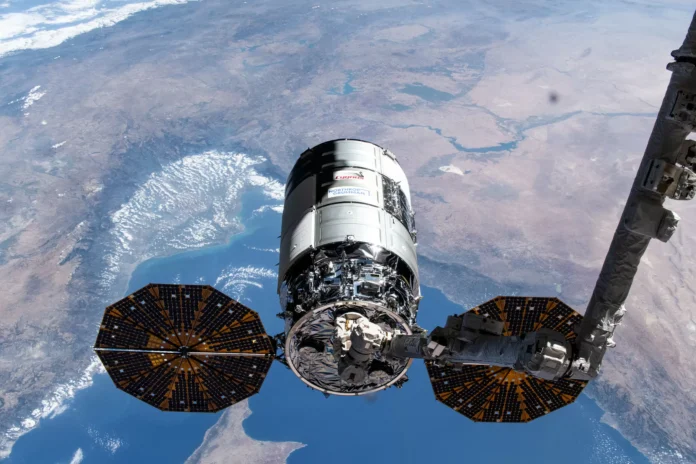NASA Extends ISS Cargo Contracts Through 2030: A Promising Step Towards the Future of Space Exploration
In a major development for the future of space exploration, NASA has recently announced the extension of three contracts with companies to continue providing transportation of cargo to and from the International Space Station (ISS) through 2030. This decision comes as a significant step towards ensuring the uninterrupted supply of essential resources to the ISS and furthering NASA’s goal of sustained human presence in space.
The three companies that have been awarded the contract extensions are SpaceX, Northrop Grumman, and Sierra Nevada Corporation. These companies have been crucial partners for NASA in the past, providing reliable transportation services to the ISS through their spacecraft and launch vehicles. With the extension of these contracts, NASA has shown its trust and confidence in these companies to continue delivering essential cargo to the ISS for the next decade.
The ISS has been continuously inhabited since November 2000 and has served as a crucial platform for scientific research and technological advancements. It has also been a symbol of international cooperation and collaboration, with astronauts and cosmonauts from various countries working together to push the boundaries of human exploration. The extension of these cargo contracts will ensure that the ISS remains operational and well-supplied until its projected end of life in 2030.
One of the key benefits of these contract extensions is the assurance of a steady supply of essential resources to the ISS. These resources include food, water, and other necessary supplies for the astronauts living and working on the station. The ISS also serves as a testing ground for new technologies and experiments, and the uninterrupted supply of cargo is crucial for the success of these endeavors. With the extension of these contracts, NASA is ensuring that the ISS remains a fully functional and productive platform for scientific research.
Moreover, these contract extensions also provide a boost to the commercial space industry. The partnership between NASA and these companies has been instrumental in driving innovation and competition in the space sector. The success of SpaceX’s Falcon 9 rocket and Dragon spacecraft has paved the way for reusable launch vehicles and has drastically reduced the cost of space missions. Similarly, Northrop Grumman’s Cygnus spacecraft and Sierra Nevada Corporation’s Dream Chaser spaceplane have also played a significant role in advancing space transportation technology. The extension of these contracts will not only provide a steady income for these companies but also encourage them to continue pushing the boundaries of space exploration.
Another crucial aspect of these contract extensions is the potential for future collaborations and partnerships. As NASA looks towards the future, it is actively seeking new partners to help with its ambitious plans of returning humans to the Moon and eventually sending them to Mars. The successful partnership with these companies for the past decade has laid the foundation for potential collaborations in the future. The extension of these contracts will provide a stable and reliable platform for NASA to work with these companies and further advance human space exploration.
In addition to the extension of these cargo contracts, NASA has also recently announced its plans to open the ISS for commercial activities, including private astronaut missions and commercial research. This move is another step towards the agency’s goal of commercializing low Earth orbit and reducing its dependence on government funding. With the ISS expected to be operational until 2030, these commercial activities have the potential to generate significant revenue for both NASA and its commercial partners.
In conclusion, the extension of these cargo contracts with SpaceX, Northrop Grumman, and Sierra Nevada Corporation is a positive and promising step towards the future of space exploration. It ensures the uninterrupted supply of essential resources to the ISS, promotes innovation and competition in the commercial space industry, and opens doors for potential collaborations in the future. As we look towards the next decade and beyond, these contract extensions demonstrate NASA’s commitment to sustained human presence in space and its determination to push the boundaries of human exploration.

